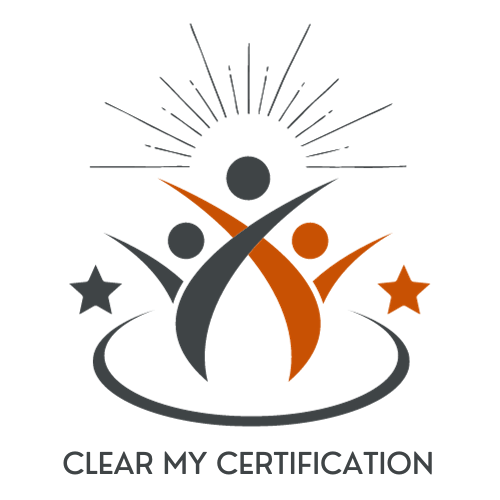Reach More People Locally, on Social Media or on Mobile Quiz Answers – Google Fundamentals of Digital Marketing
In today’s connected world, it is crucial to use both social media and mobile platforms to effectively contact more people locally. Social networking is an effective tool for establishing relationships, increasing brand exposure, and interacting with your community. As more people consume material on their smartphones, mobile platforms provide a quick and easy way to communicate with users.
Module 16: Get Started with Content Marketing Quiz Answers – Google Fundamentals of Digital Marketing
Question 1: Which of the following is an accurate definition of what a content marketing campaign involves?
- Creating and posting content ad-hoc when you have the time
- The creation of time-sensitive content that can be published through various channels
- Regularly emailing customers with news about a business’s products or services
- The creation and promotion of online materials with the goal of increasing interest in a product or service
Question 2: What does the following definition describe?
‘The division of an audience into groups of who they are and what they like, with a goal of identifying a group most interested in your product/service.’
- Marketing channels
- Demographics
- Audience segmentation
- Group dynamics
Question 3: Fill in the blank:
When describing the purpose of content, what is missing?
‘To entertain,
to inspire,
to _______ and
to convince’.
- Humour
- Please
- Surprise
- Educate
Question 4: Which of the following best describes why approaches to writing need to be adapted for online content?
- Online readers have a reduced attention span, due to being flooded with information
- Certain blogging platforms have a limit on the word count you can publish
- Online readers only like to engage with long-form pieces of content
- Online audiences are typically younger, so the language used needs to reflect this
Question 5: What are ‘highlighting key dates’ and ‘considering multiple channels’ best practices of?
- Creating a content calendar
- Designing illustrations to support content
- Segmenting your audience
- Identifying social media influencers
Question 6: Which of the following metrics could help you understand which blog post is resonating the most with your audience?
- Session duration
- Page views
- Referral traffic
- Unique page views
Get Started with Content Marketing in Digital Marketing
Content marketing is a crucial component of digital marketing that focuses on creating and distributing valuable, relevant, and consistent content to attract and engage a target audience. To get started with content marketing in digital marketing, follow these steps:
- Define Your Goals:
- Determine your overall business and marketing objectives.
- Set specific and measurable goals for your content marketing efforts, such as increasing brand awareness, generating leads, or driving sales.
- Understand Your Audience:
- Identify your target audience and create buyer personas.
- Understand their needs, challenges, and preferences to tailor your content accordingly.
- Keyword Research:
- Conduct keyword research to discover the topics and terms your audience is searching for.
- Use tools like Google Keyword Planner or SEMrush to find relevant keywords in your industry.
- Create a Content Strategy:
- Develop a content strategy that aligns with your business goals.
- Plan the types of content you’ll create (blog posts, videos, infographics, etc.) and the channels you’ll use to distribute them.
- Content Calendar:
- Create a content calendar to organize and schedule your content.
- Consistency is key, so plan regular content updates to keep your audience engaged.
- Create High-Quality Content:
- Craft content that provides value to your audience. It should be informative, entertaining, or solve a problem.
- Use a mix of formats, such as blog posts, videos, podcasts, and visuals.
- Optimize for SEO:
- Incorporate relevant keywords into your content to improve its search engine visibility.
- Ensure your content is well-structured and includes meta tags, headers, and alt text for images.
- Promote Your Content:
- Share your content on social media platforms, email newsletters, and other channels where your audience is active.
- Engage with your audience through comments and discussions to build a community around your content.
- Measure and Analyze:
- Use analytics tools like Google Analytics to track the performance of your content.
- Monitor metrics such as traffic, engagement, conversion rates, and social shares to understand what works and what needs improvement.
- Iterate and Improve:
- Continuously analyze the performance of your content and adjust your strategy based on the data.
- Learn from successes and failures to refine your approach and deliver more effective content over time.
- Stay Informed:
- Keep up with industry trends and changes in digital marketing.
- Adapt your content strategy based on emerging technologies and shifts in consumer behavior.
By following these steps, you can establish a solid foundation for your content marketing efforts in the digital space. Remember that consistency, relevance, and continuous improvement are key factors for success in content marketing.
 Clear My Certification All Certification Exam Answers
Clear My Certification All Certification Exam Answers